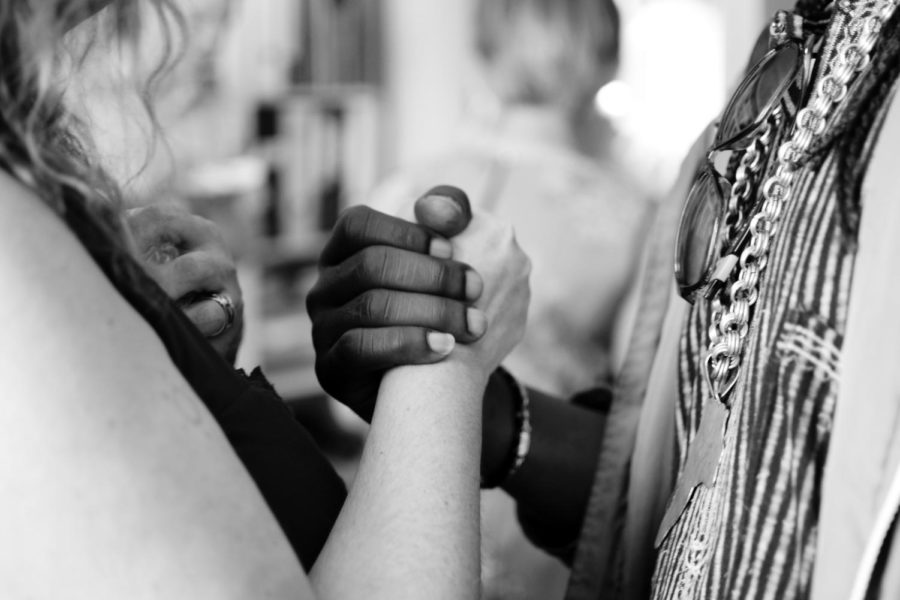How to make marginalized communities feel heard
According to Iowa State students and faculty, while progress has been made, there are still ways people can better listen to and understand marginalized communities.
October 20, 2021
One of the biggest problems facing marginalized communities is an inability to be heard and understood. While progress has been made to provide more support for members of marginalized communities, there has still been a lack of outreach from the community.
“I think that the question should be, does our community, society as a whole and Iowa State in particular, understand how certain needs are not met [for] marginalized groups…” said Raquel Zuniga, an academic adviser in the department of Human Development and Family Studies. “I think we are all, who are seen as other, will face discrimination, prejudice, will face a system that says it will support us, but it really doesn’t.”
According to the National Collaborating Centre for Determinants of Health, marginalized communities are defined as “groups and communities that experience discrimination and exclusion because of unequal power relationships across economic, political, social and cultural dimensions.”
Within the Iowa State community, there is a vast amount of students within marginalized communities. However, outreach and engagement from other members of the Iowa State community has still been an issue, according to some members of the faculty and student body.
“My message to [Hindu Yuva] always has been to take an opportunity whenever you can to explain what we do, why we do involve people from the community to organize events which are widely attended and widely publicized so that people can come and learn from what is going on here…” said Arun Somani, senior associate dean in the College of Engineering, speaking of the organization Hindu YUVA in which he acts as an adviser. He continued, “sometimes just a better understanding leads to a better harmony in some sense… anybody can walk in.”
Hindu YUVA is a student organization that brings students, faculty and staff together to better understand and execute Hindu Dharma, a way of life mostly practiced in Indian subcontinent.
In an effort to find support and community, students have taken it upon themselves to form their own organizations as a means to make connections which they may have lacked otherwise.
“They were trying to build that sense of connection and community among themselves…” Zuniga explained.
With this effort, students have been able to find various resources in order to assist in the navigation of their experience as an Iowa State student. Despite this, students still struggle in having their needs met and issues understood.
“I won’t call it completely marginalized…but a mixed feeling in terms of misunderstanding,” Somani said. “Living in a majority country as a minority is a challenge, and so the responsibility resides on the majority side to be welcoming and that applies to all communities.”
All students have the ability to help marginalized students feel heard, however, this needs to be done through individual outreach.
“If people really wanted to, they could go out of their way to like, even read news of what’s going on elsewhere… I think a lot of multicultural organizations are open to everyone… anyone is welcome to come and attend meetings and events and things like that,” said Denise Orege, an electrical engineering major and president of the African Students Association.
Students interested in other cultures and making other students feel welcome have the ability to learn and connect, so long as they reach out in an effort to discover more about a culture or lifestyle different from their own.
According to Zuniga, students should strive to challenge themselves.
“Go talk to somebody who is different, go experience something that’s going to take you outside your comfort zone and write down how did that make you feel?” Zuniga said. “I think that will give you a better sense of like, hey, there are some injustices out there, so what are some things that I can do to better understand and advocate?”

















